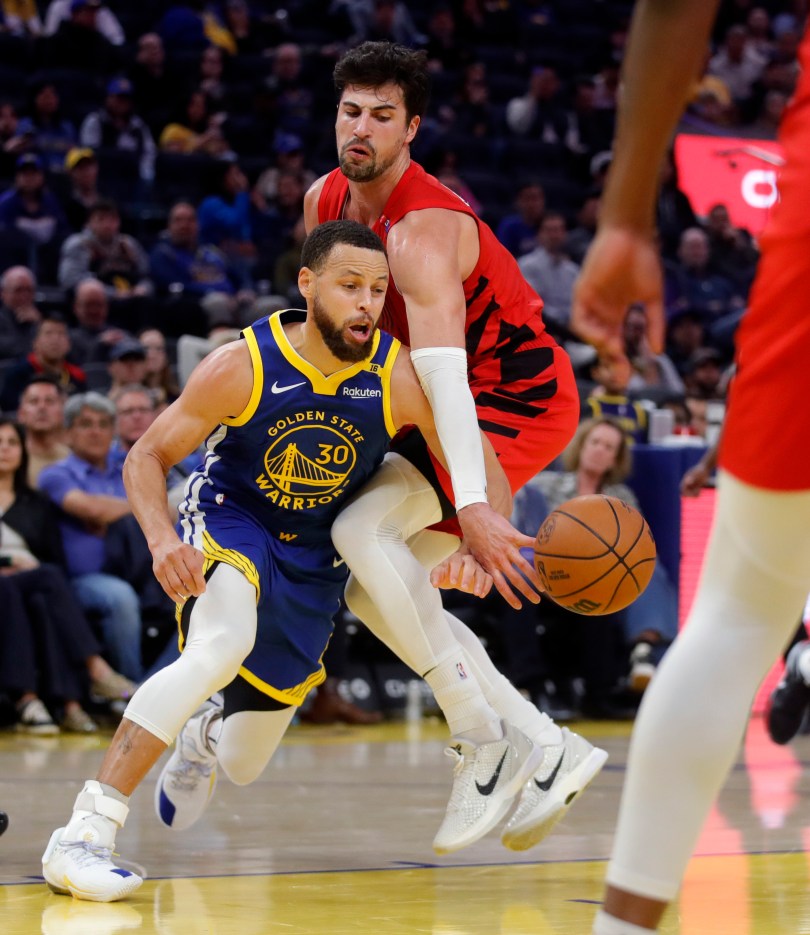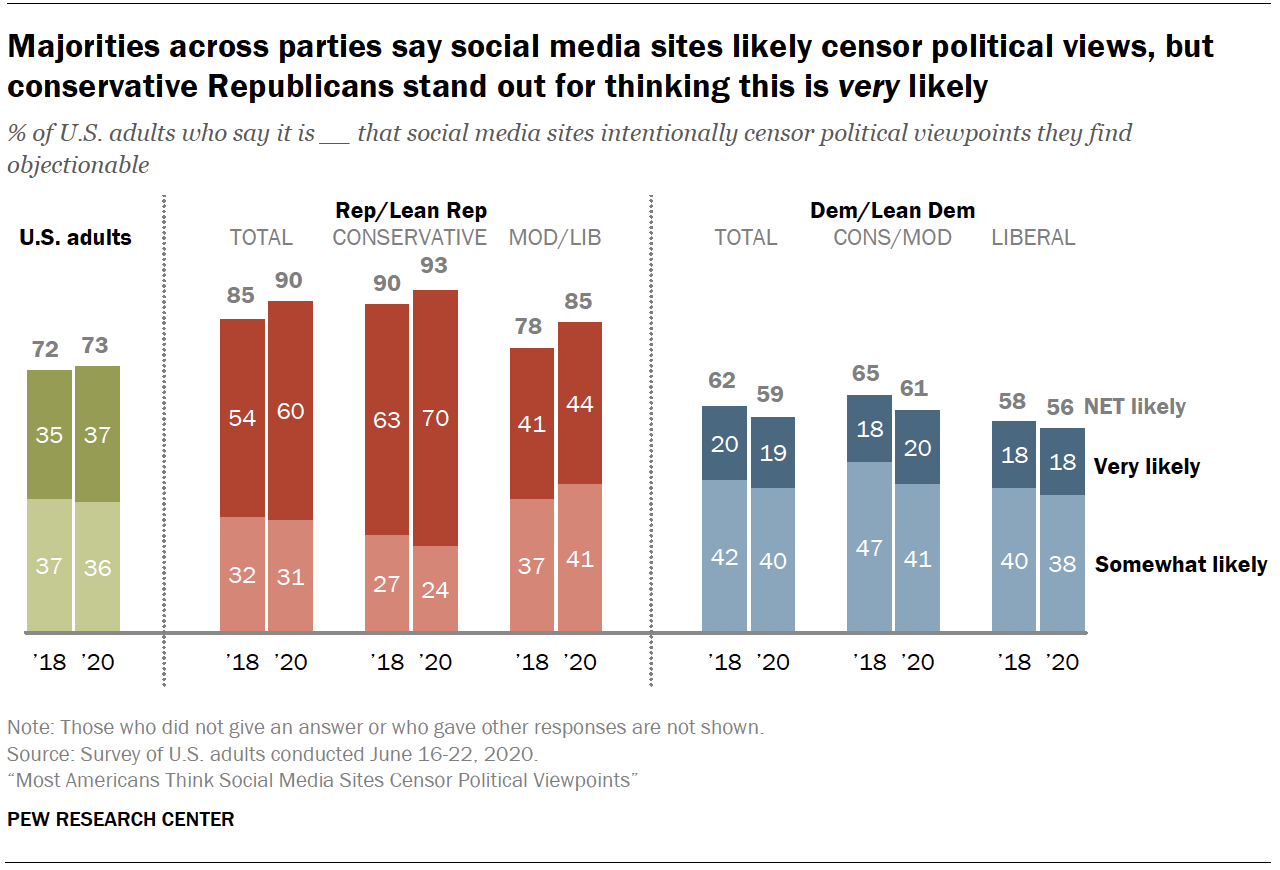Understanding The Crucial Role Of Middle Managers In Today's Workplace

Table of Contents
The Bridge Between Leadership and Employees
Middle managers act as a vital link, communicating strategic goals from upper management to frontline employees and vice-versa. They are the crucial conduit ensuring alignment between organizational objectives and individual team efforts. This two-way communication is essential for effective execution of strategies and fostering a shared understanding of organizational priorities. Think of them as the translators and interpreters of organizational vision.
-
Translating complex strategies into understandable tasks and goals: Middle managers break down complex, high-level strategies into smaller, manageable tasks that frontline employees can understand and execute. This clarity is crucial for avoiding confusion and ensuring everyone is working towards the same objectives. Effective communication skills and a deep understanding of both the overall strategy and the capabilities of their teams are essential here.
-
Providing regular feedback and updates to both upper and lower levels: This constant flow of information keeps everyone informed and allows for quick adjustments. Middle managers report progress upwards and relay feedback and concerns from their teams downwards, creating a dynamic system of communication and accountability.
-
Identifying and addressing potential roadblocks and challenges early: Their close proximity to daily operations allows middle managers to identify potential problems before they escalate into significant issues, saving the company time, money, and resources. Proactive problem-solving is a key skill for success in this role.
-
Ensuring alignment between organizational objectives and team efforts: Middle managers constantly monitor progress, ensuring that individual team efforts align with the overall strategic goals. This requires a keen ability to adapt and adjust team focus based on evolving needs and priorities.
-
Mentoring and developing junior employees: Middle managers are often responsible for the professional development of their team members. Providing guidance, support, and opportunities for growth is crucial for both individual and team success. This aspect of their role is vital for talent retention and succession planning.
Driving Operational Efficiency and Productivity
Middle managers are directly responsible for the day-to-day operations of their teams. Their efficiency directly impacts overall productivity and profitability. They are the engines of execution, driving the day-to-day work that brings the strategic vision to life.
-
Optimizing workflows and processes for maximum output: By streamlining processes and eliminating inefficiencies, middle managers improve team productivity and reduce waste. This requires constant evaluation and improvement of work methods.
-
Implementing new technologies and strategies to improve efficiency: They are often at the forefront of adopting new technologies and strategies designed to improve efficiency and output. This requires adaptability and a willingness to embrace change.
-
Monitoring team performance and identifying areas for improvement: Regular performance monitoring allows middle managers to identify areas needing improvement and provide targeted support and training to their team members.
-
Managing resources effectively (budget, personnel, time): Effective resource allocation is a cornerstone of efficient middle management. They must balance competing demands and prioritize effectively to ensure optimal use of available resources.
-
Holding team members accountable for their performance: While fostering a supportive environment, middle managers also need to hold team members accountable for meeting targets and expectations. This requires strong leadership and communication skills.
Fostering a Positive and Productive Work Environment
Creating a positive and supportive team culture is crucial for employee engagement and retention, and middle managers play a pivotal role in shaping this culture. A positive environment increases productivity, reduces stress, and promotes creativity.
-
Promoting collaboration and teamwork within the team: Encouraging collaboration and teamwork is essential for a high-performing team. Middle managers facilitate this by fostering a culture of open communication and mutual support.
-
Addressing employee concerns and resolving conflicts effectively: Middle managers act as mediators, addressing employee concerns and resolving conflicts promptly and fairly. This requires strong interpersonal and conflict-resolution skills.
-
Recognizing and rewarding employee achievements: Regular recognition and rewards boost morale and motivation. Middle managers play a vital role in acknowledging individual and team accomplishments.
-
Providing opportunities for professional development and growth: Investing in employee growth shows commitment and builds loyalty. Middle managers identify training opportunities and support employee development initiatives.
-
Building trust and rapport with team members: A strong relationship built on trust and mutual respect is the foundation of a positive work environment. Middle managers cultivate these relationships through open communication and consistent support.
Navigating the Challenges of Middle Management
The role of a middle manager is complex and often fraught with challenges. Understanding these difficulties is crucial for effective support and development programs. These challenges require resilience, strong decision-making skills, and effective time management.
-
Balancing competing demands from upper and lower management: Middle managers often face conflicting demands from both senior management and their direct reports. Prioritization and effective communication are essential skills to navigate this challenge.
-
Managing conflicting priorities and limited resources: Often faced with limited resources and competing priorities, middle managers need to make tough decisions and effectively allocate resources.
-
Dealing with difficult employees and performance issues: Addressing performance issues and managing difficult employees requires tact, diplomacy, and strong leadership skills.
-
Adapting to rapidly changing organizational environments: The modern workplace is dynamic and requires constant adaptation. Middle managers must be flexible and adaptable to change.
-
Maintaining work-life balance amidst high pressure: The demands of middle management can be intense, requiring strong time management and self-care practices to maintain a healthy work-life balance.
Conclusion
Middle managers are the backbone of any successful organization. Their ability to bridge the gap between leadership and employees, drive operational efficiency, and foster a positive work environment is invaluable. Understanding the crucial role of middle managers, and providing them with the necessary support and resources, is essential for achieving organizational goals. Invest in your middle management team; their success is inextricably linked to the success of your entire organization. Learn more about effective middle management strategies and how to empower your middle managers to achieve their full potential. Improving your understanding of the crucial role of middle managers is an investment in your company's future.

Featured Posts
-
 Golden States Bench Duo Hield And Payton Key To Win Against Portland
Apr 24, 2025
Golden States Bench Duo Hield And Payton Key To Win Against Portland
Apr 24, 2025 -
 Should You Vote Liberal A Critical Analysis Of Their Platform
Apr 24, 2025
Should You Vote Liberal A Critical Analysis Of Their Platform
Apr 24, 2025 -
 Price Gouging Allegations Surface After La Fires A Selling Sunset Stars Perspective
Apr 24, 2025
Price Gouging Allegations Surface After La Fires A Selling Sunset Stars Perspective
Apr 24, 2025 -
 Faa Study Highlights Las Vegas Airport Collision Concerns
Apr 24, 2025
Faa Study Highlights Las Vegas Airport Collision Concerns
Apr 24, 2025 -
 Dram Market Shift Sk Hynixs Ai Powered Lead Over Samsung
Apr 24, 2025
Dram Market Shift Sk Hynixs Ai Powered Lead Over Samsung
Apr 24, 2025
